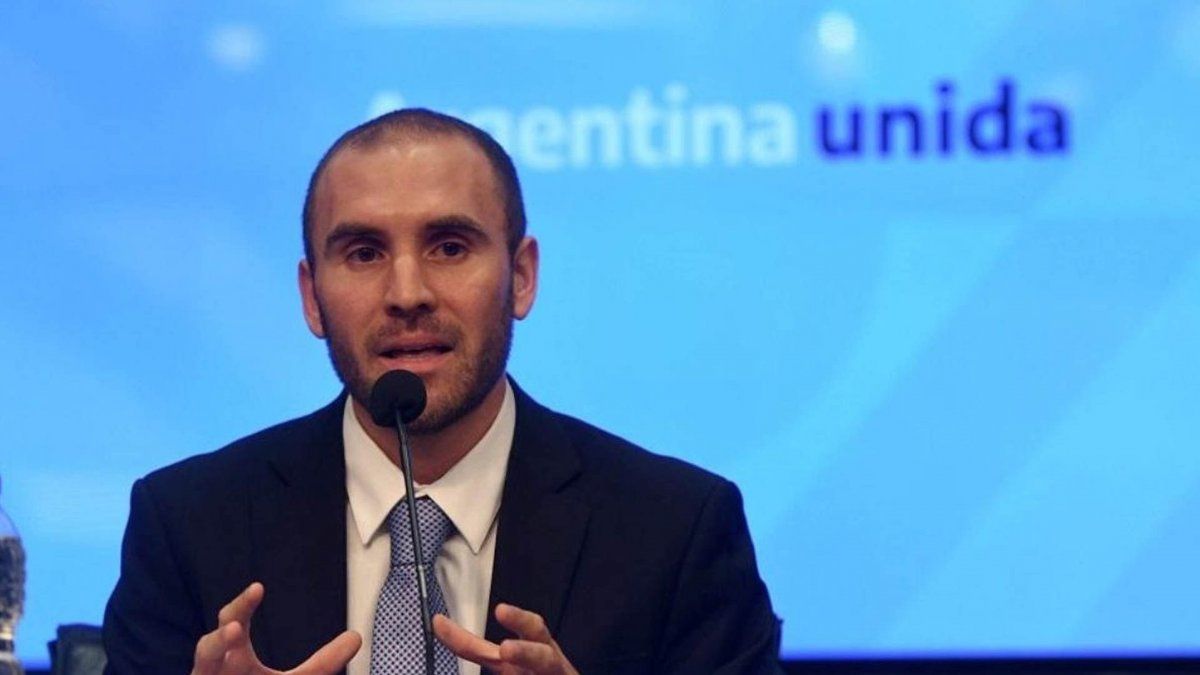Sources from the Palacio de Hacienda indicated to Ámbito that “it will obviously be a modification of the 2021 Extended Budget, as happened in 2020 with that of 2019” and said that “It will not necessarily be that date (by April 15)” that of the presentation of the new numbers. So it may happen that if that first goal is not met, it will get a contemplative look from the external auditors, since it would be a formal question. The date is a Good Friday holiday, so it may take a few more days.
It is evident that under these conditions, it will be much easier for President Alberto Fernández and Guzmán to comply with the procedure, since they will not have to go through Congress, where the minister’s numbers were “bochados” twice. One was with the 2020 Budget project and the other when an attempt was made to attach the economic program to the authorization for the Executive Branch to borrow from the IMF.
Now you have to issue a simple decree that complements 882/21 signed by the President, the chief of staff, Juan Manzur, and Guzmán on December 23 last. That decree states that “given the advanced stage of the 2021 Budget Year, it is not possible to immediately and precisely define the adjustments referred to in article 27 of the aforementioned law (Financial Administration Law), for which these will be carried out in a timely manner.”
The law that governs the administration of the State establishes that in the event of a budget extension, the Executive Power has to make adjustments, such as increasing all the numbers based on the expected inflation. Since that hasn’t been done yet. last year’s credits and debits are still valid, to which three changes were made via administrative resolutions. Currently, according to the Congressional Budget Office (OPC), the National Administration has defined $7.971 billion of current income and expenses of $7.485 billion.
The paradox is that probably throughout the year, given the changing global economic and political scenario since the war in Ukraine, it is necessary to be “recalibrating” the IMF program every three months with Argentina and with it the budget debits and credits.
In his last public statements, Guzmán, in C5N, stated regarding the first review: “We are on our way to comply with the review. It takes time and we are working for it. The fiscal data for the first quarter are not closed but our expectation is that they are in line with what was planned. Issuance was significantly reduced and there was an accumulation of reserves”. At the heart of the program it is stated that the objective is to gradually lower the fiscal deficit to 2.5% of GDP this year, with growth of between 3.5% and 4.5% and a reduction in inflation to a range from 38% to 48%, something that would already be exceeded. An increase in the net reserves of the Central Bank of US$5.8 billion is also established.
In the market it is discounted that the first visit of the IMF mission to Buenos Aires ends with an approval for the Government. In any case, analysts understand that for the IMF the most important thing is the monetary aspect of the program, that is, that the financing of the fiscal deficit with issuance be strongly reduced. This year it is expected to be only 1% of GDP, which implies a drop of more than 2.5 points compared to 2021.
Source: Ambito
David William is a talented author who has made a name for himself in the world of writing. He is a professional author who writes on a wide range of topics, from general interest to opinion news. David is currently working as a writer at 24 hours worlds where he brings his unique perspective and in-depth research to his articles, making them both informative and engaging.




